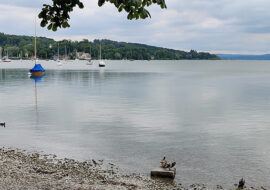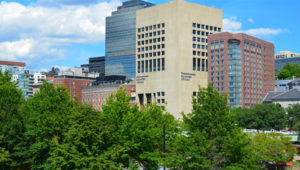
Lauer Tinnitus Research Center
In partnership with the Lauer family, Massachusetts Eye and Ear launched the Lauer Tinnitus Research Center in 2015 with the goal of advancing research to better understand and treat the debilitating condition of tinnitus.
The Lauer Tinnitus Research Center will undoubtedly drive the field forward in developing scientifically proven treatments to alleviate tinnitus.
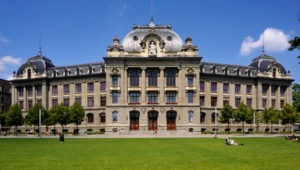
Inner Ear Research Laboratory
The Inner Ear Research Laboratory at University of Bern seeks to improve current and to explore future therapies for hearing loss through regenerative medicine approaches.
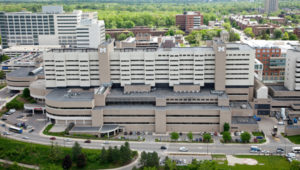
Kresge Hearing Research Institute
The Kresge Hearing Research Institute, part of the Department of Otolaryngology-Head and Neck Surgery at the University of Michigan, consists of a dedicated group of scientists, physicians and staff working on basic and clinical aspects of hearing and balance, in health and disease.
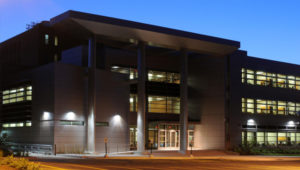
Auditory Cognitive Neuroscience Lab
The Auditory Cognitive Neuroscience Lab is a research lab at the Department of Speech and Hearing Science and the Beckman Institute for Advanced Science and Technology at the University of Illinois at Urbana-Champaign. The research is focused on hearing and speech perception, as well as the disorders (e.g., hearing loss, tinnitus) associated with them.
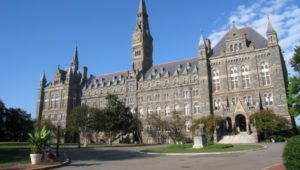
Laboratory of Integrative Neuroscience and Cognition
The lab investigates the functional organization and plasticity of the cerebral cortex, with special emphasis on the neural substrates of audition in humans and nonhuman primates.

Biophysics of Hearing and Neural Information Processing
As a part of Department of Bioengineering at Imperial College London, Biophysics of Hearing and Neural Information Processing forms a research group that works on the biophysics of hearing and neuroscience, at the interface of science, technology and medicine. They use ideas from theoretical physics, mathematics, and computer science in combination with ear and brain imaging to investigate principles of human auditory signal detection and processing.
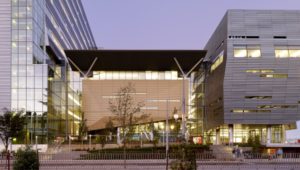
Oregon Hearing Research Center
The Oregon Hearing Research Center at Oregon Health & Science University is one of the world's leading hearing-science research groups. Their expertise spans from basic to translational science, and from the inner ear to the auditory cortex.
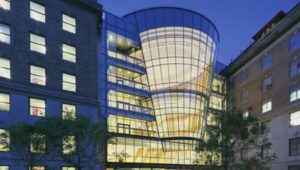
Laboratory of Sensory Neuroscience
Headed by professor James Hudspeth, Laboratory of Sensory Neuroscience at the Rockefeller University is working to better understand the normal hearing process and causes of hearing deterioration. Dr. Hudspeth’s research has led to a deepened understanding of the receptor cells of the inner ear and how they contribute to hearing and hearing loss.

Institute for Auditory Neuroscience
Institute for Auditory Neuroscience at the University of Göttingen aims to elucidate the molecular anatomy, physiology, pathophysiology of synaptic information processing in the auditory pathway and work toward hearing restoration.
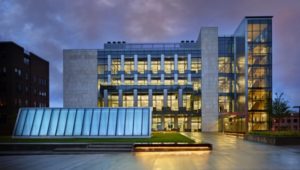
Virginia Merrill Bloedel Hearing Research Center
The University of Washington's Virginia Merrill Bloedel Hearing Research Center brings together an interdisciplinary group of investigators to study hearing, hearing loss, and related communication disorders so that those who would, might hear. The Bloedel Center is a communication focal point among basic and clinical scientists to facilitate the sharing of ideas and information for the collective advancement of auditory science and patient care. In all, 15 University of Washington departments are represented in the Center.


